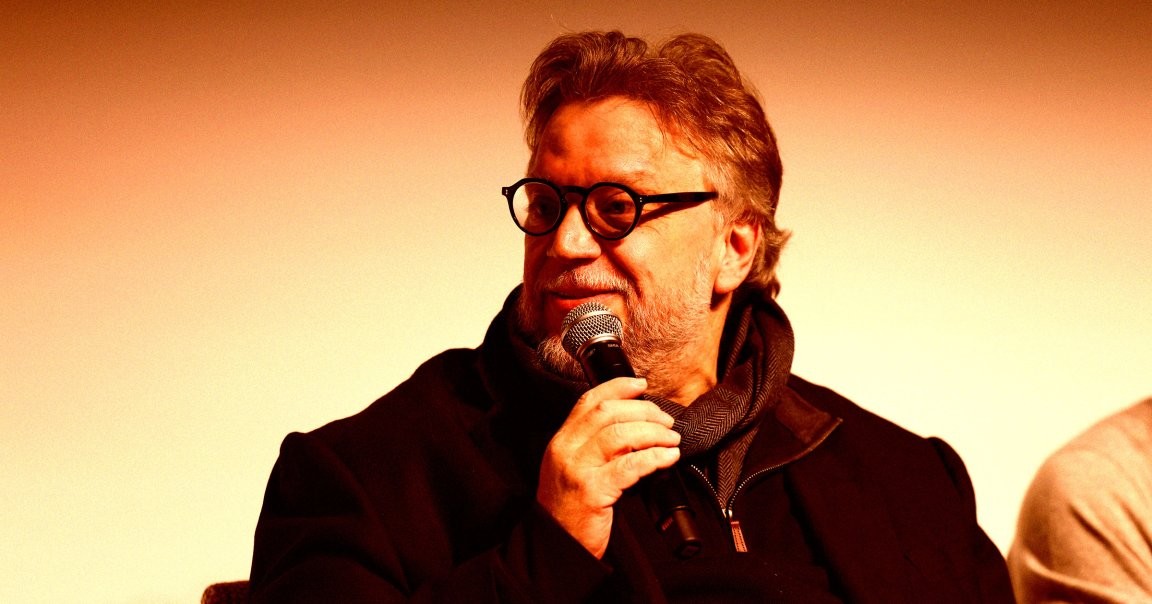I’d Rather Die: Guillermo del Toro’s Unflinching Stand Against AI
Award-winning director Guillermo del Toro has become one of Hollywood’s most outspoken critics of artificial intelligence. For his Frankenstein-inspired reinterpretation, he sought to mirror the hubris of technology’s architects. In a recent NPR interview, he warned that the real danger lies not in machines but in 'natural stupidity'—a force he says drives the worst features of our world. He drew a parallel between Victor Frankenstein’s arrogance and today’s tech founders, arguing we must pause to consider where we’re going. He is 61 years old and insists he will remain uninterested in AI—'until I croak.' When asked about his stance, he was blunt: 'I’d rather die.'

In This Article:
Frankenstein’s Warning, Reflected in Tech: The Creative Rebuttal
Del Toro explains that he wanted the arrogance of Victor Frankenstein to echo the tech elite—blind to consequences, eager to create. That parallel informed his Frankenstein remake, using the monster’s origin as a critique of reckless innovation and the desire to rush ahead without fully understanding the consequences.

A Chorus of Voices Push Back Against AI
Not alone in voicing concern, Spielberg told Reuters, 'I don’t want AI making any creative decisions that I can’t make myself.' DC Comics’ Jim Lee added that his company will not support AI-generated storytelling or artwork at this year’s New York Comic Con. The growing chorus from veteran creators signals a shift in how Hollywood views AI.

From Screensavers to Legal Battles: AI’s Invasion of Hollywood
The industry has shown a willingness to embrace AI—announcing AI-generated features and even a fictitious AI actress. But this growth sparks a crisis: unions demand protections for performers’ likeness and voice training, given consent issues. Major studios are tangled in copyright fights, with Warner Bros. Discovery, Disney, and NBCUniversal pursuing lawsuits against Midjourney.

The Fight Itself: Art, Rights, and the Future
With loud voices like del Toro and Spielberg spearheading the resistance, the creative community isn’t backing down. The story signals a broader cultural moment: will art be protected and human-centered, or will automation redefine what we watch? The industry continues to grapple with safeguards, consent, and the meaning of “creativity” in the age of AI.


